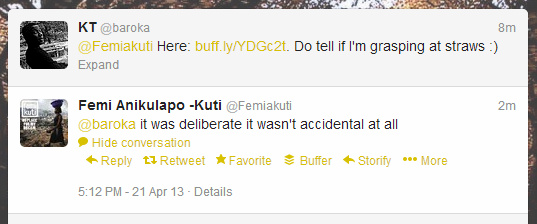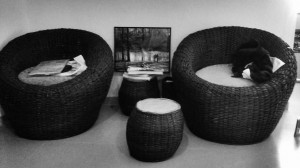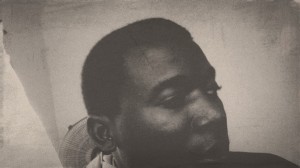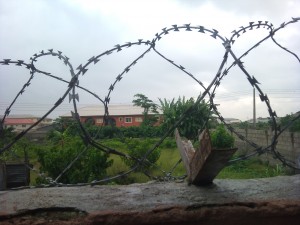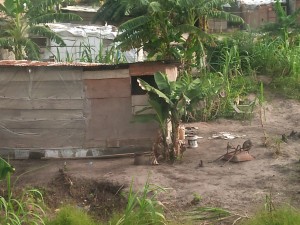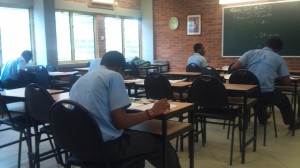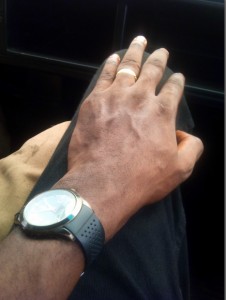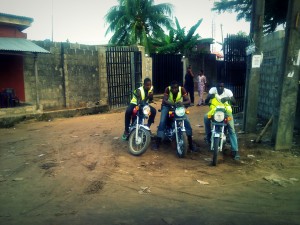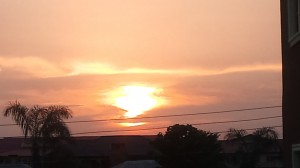It is 9 am, Lagos, and the dust has settled from automobiles whose tyres grazed the road tar from the early seconds of the breaking day. It is 9am. Workers have settled into their seats and morning rote slowly beginning. The city moves on with an indifference to change and fear. Indifference. After all, 187 people, or so, mowed down to the brute rhythms of the state’s guns are forever going to be faceless. No national media is going to splash their names and faces on its front cover. There shall be no state funerals or flags at half mast. There shall be no presidential declaration to find the culprits and bring them to book, if only in rote satisfaction of some archaic government protocol. Government magic. Unknown soldier. Vagabonds in power. Collateral damage. Yesterday’s men in green jackboots and auto rifles.
It is 9pm, in Baga, sometime on Friday. Dozens of families woke up to rattles of the government guns pursuing faceless culprits in a shadow war. Forget Boston. Who cares if a city can find one terror suspect in 24 hours without a single collateral damage to innocent lives and properties. This is the giant of Africa! Forget a public information network to alert the public about who the enemy is. Heck, forget the idiotic law that mandates military action only in times of war. Boko Haram lives within you, the guns rattled, they die, as do you. A gun does not tell apart a somnolent villager and a terror suspect hiding within the leaves of a banana plant. Ratatatata, the rhythms of flesh and blood splattered to the beats of falling limbs and tree stems.
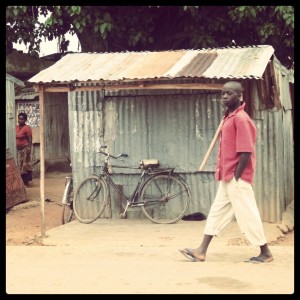
The national news is silent. Reuben is waking up in the bosom of a dame in the Abuja Hilton. Mr. Jonathan had just composed his condolence message to the families of the three victims of the Boston blasts. The state governor in Borno plans his next foreign trip. Lagos wakes, early as it does, with the soft rhythms of dust and rubber tyres. Temperature: 87 degrees Fahrenheit. The dour morning promises rain, and welcome indifference. Across from us, thousands of miles away, pain, and the next planned carnage of the state. Miranda rights and collateral damage just went on an ill-fated date in the wilderness.
“Little Blood Flowed” – Presidency.
The dead of Baga sprawl with the leaves on loaves of lead.
Removed from us in mute indifference, we the living dead.
On the trigger that night were notes of “Them? Oh, who cares?
There was where evil hid. Let the living make repairs.”
______
NEWS:
“President Jonathan Quiet more than 48 hours After Massacre in Borno” (Premium Times)
“Pity Boston, Ignore Nigeria: The Limits of Compassion” (The Daily Beast)
“Massacre in Nigeria Spurs Outcry Over Military Tactics” (The New York Times)
